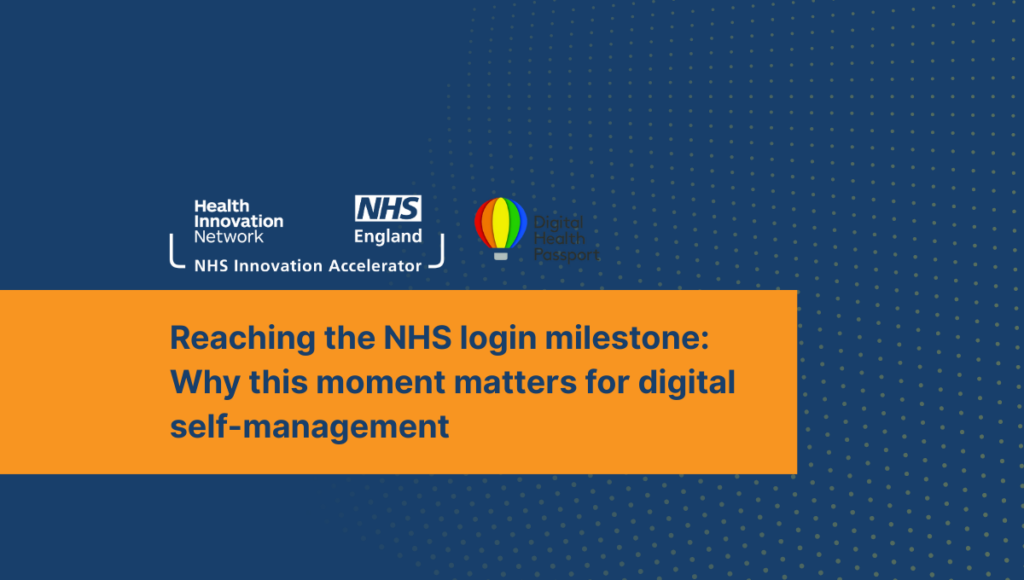Scaling innovation in the NHS: Beyond “who you know”
At the heart of every conversation in health right now is a shared challenge: how do we drive innovation in the NHS and scale it across such a vast, complex system? For too long, success has often depended on “who you know” rather than the strength of the solution itself. But if we want innovation to deliver real, system-wide impact, that has to change.
“The challenge isn’t a lack of innovation, rather the lack of clear ways to scale it across the NHS. Too often, great solutions stall at pilot stage due to fragmented contracting. We need transparent, replicable pathways to take proven innovations from local success to system-wide adoption. Without that, scaling will always rely on chance connections rather than structured opportunity.”
“The challenge isn’t a lack of innovation, rather the lack of clear ways to scale it across the NHS. Too often, great solutions stall at pilot stage due to fragmented contracting. We need transparent, replicable pathways to take proven innovations from local success to system-wide adoption. Without that, scaling will always rely on chance connections rather than structured opportunity.”
The backdrop is far from straightforward. The shift to DHSC oversight and the tightening web of regulations create new hoops for innovators to jump through. Navigating contracting within the NHS can feel opaque and inconsistent. The system is confusing, conservative, and fragmented – this is hardly fertile ground for scaling breakthrough ideas.
“Innovating in a landscape as complex and highly regulated as the NHS demands both resilience and creativity. The regulatory and contracting environment presents real barriers, but it also pushes founders to build solutions that are genuinely robust and evidence-based. While progress can be slow, the potential to impact patient outcomes at scale makes it worth the challenge.”
“Innovating in a landscape as complex and highly regulated as the NHS demands both resilience and creativity. The regulatory and contracting environment presents real barriers, but it also pushes founders to build solutions that are genuinely robust and evidence-based. While progress can be slow, the potential to impact patient outcomes at scale makes it worth the challenge.”
And yet, there is reason for cautious optimism. This year promises a wave of new policy announcements, with the long-anticipated 10 Year Health Plan set to shape the direction of innovation for the next decade. How the NHS evolves its contracting processes, and whether it creates clearer and more accessible routes for scaling, will be critical.
“The NHS moves at the speed of trust, and it takes a long time to develop trust and not a lot of time to lose it. Building up relationships over many, many years as an SME is important.”
Innovation thrives when there is clarity, consistency, and appetite for change. To move beyond networks of influence, we must build networks of impact where great ideas can be adopted across the NHS because they work, not just because the right doors are opened. That’s the opportunity before us: to create a system where scaling innovation is not an exception, but the expectation.


